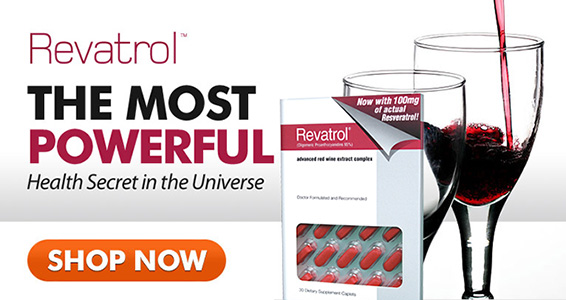[Printable Version of This Page]
Expired Vitamins Might Be OK, But... Here's What to Trust
![[Image 1]](/rhp/images/library/155/pills.webp)
Unless you are a saint or a neurotic, you've probably lost a bottle of vitamins for a while. But should you take them when you find them again and see they've passed their sell-by date?
Saints, of course, always put the bottle in the same spot and take their vitamins at the same time every day, every week, every year.... neurotics have an advantage over those of us who are less perfectly organized, too. They wouldn't miss a dose for fear of what would happen.
But suppose you got a buy-one-get-one deal on adult gummies then forget that second bottle when you put it in the closet behind the Band-Aids? Guilty.
Prevention Magazine did us a favor and took a look at the issue.
One of the most interesting things about vitamins is how little-controlled this industry is. It's why the source is so important. In the US, the FDA does not even require manufacturers to put sell-by or expiration dates on vitamins as they are sold.
Fortunately for us, responsible companies choose to put dates on their products.
Generally speaking, vitamins don't rot, but they do degrade. So taking vitamins that have expired is not going to hurt you... as long as you got your vitamins from a respectable company in the first place.
That said, they might not do you a lot of good.
The first question is where you mislaid that bottle before you rediscovered it. If it fell under the front seat of your car, forget it. Even the medicine cabinet is suspect unless the bottle has been tightly sealed. Good storage for vitamins means a place with low humidity, low light, and moderate to low temperatures. The humidity and temperatures—think steamy shower—usually rule out the bathroom as a good place to keep vitamins.
But if storage was suitable, your vitamins are probably fine to take for a few weeks past the expiration date. They won't make you sick.
Whether they will do you a lot of good depends on what is in them. If that bottle happens to be high-potency B-complex that you depend on for energy and other health benefits, you are out of luck. Water soluble vitamins like B-12 and vitamin C expire most rapidly. Fat soluble ones like Vitamin D have a long shelf life.
The question always is this—why are you taking vitamins? If they are simply a good health habit that you take for a little extra insurance you can gum your forgotten gummies. However, there are reasons to just regret the loss and toss the vitamins.
Prevention didn't take the issue this far, but if you have certain habits, then you need good, healthy, potent doses of key vitamins. Don't take expired ones. Here are a few issues to watch:
Heavy drinkers should be aware that alcohol destroys vitamin A, B1(thiamin), B2 (riboflavin), B3 (niacin), B6 (pyridoxine), folic acid, B12, pantothenic acid and biotin.
By the way, wait a couple of hours after having that glass of wine if you normally take vitamins later in the day. If you drink more than two glasses of wine, 2 beers, or the equivalent per day, then throw away old vitamins. You should have the freshest and best.
Caffeine also kills nutrients... the same ones that alcohol destroys. So keep your vitamins fresh if you're a fiend for coffee.
Antibiotics destroy B3
Aspirin compromises Vitamin C and K. If you take a prophylactic aspirin you could be diminishing your stores of these vitamins.
Birth control pills reduce levels of vitamins B6 and E.
Stress targets B1, folic acid and calcium.


![[Guarantee]](https://scripts.renownhealthproducts.com/rhp/images/money-back-guarantee.webp)
![[Renown Health Products: Proudly Providing Superior Grade Supplements Since 2002]](https://scripts.renownhealthproducts.com/rhp/images/rhpmain/design2/seal-285-240.webp)




